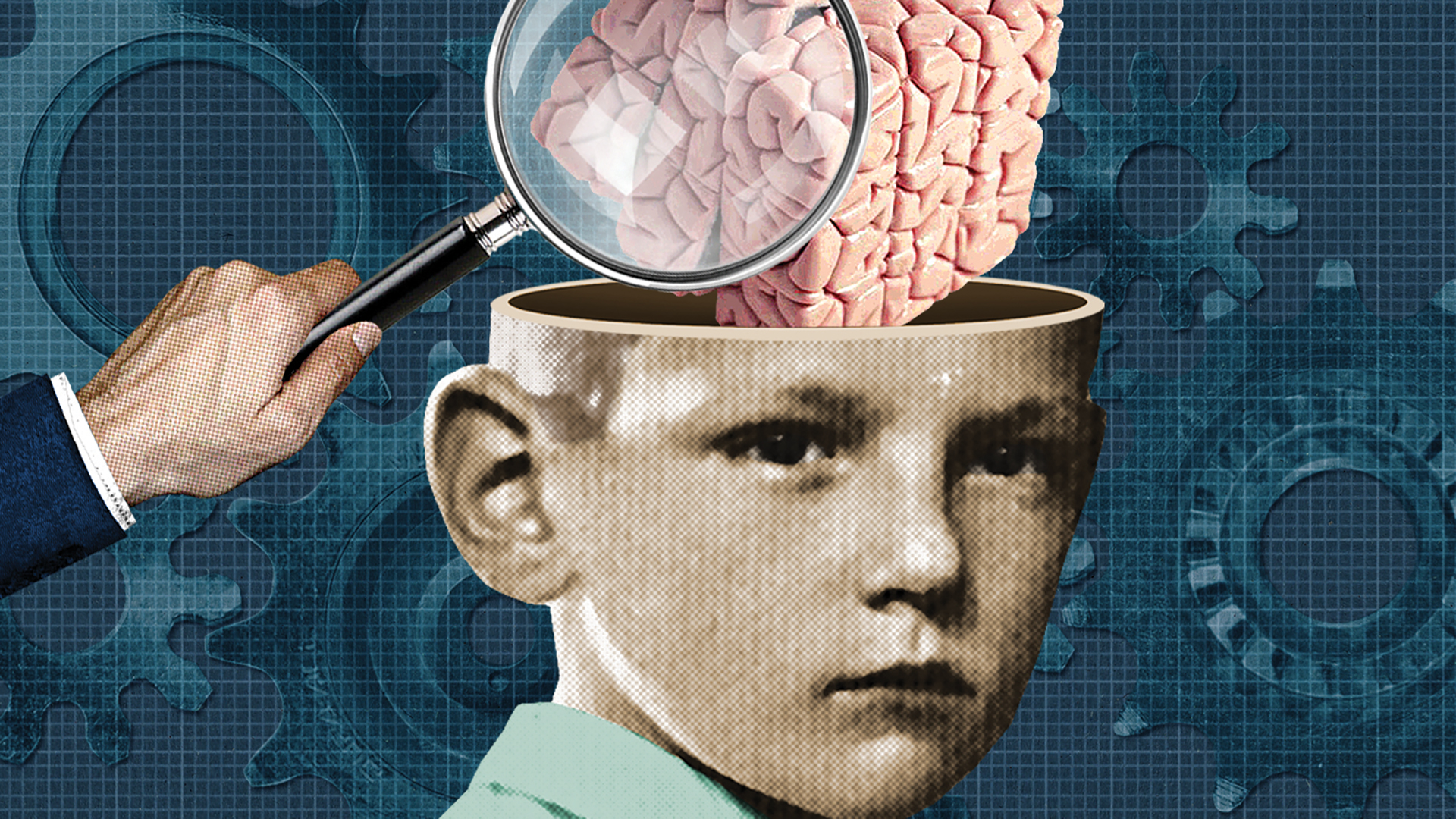It was a very different take from some of the other coverage that the study received.
The Daily Telegraph opted for “Memory loss and mental decline in old age largely decided by the age of eight” while The Independent followed suit with: “Memory loss in later life could be decided by age of 8, study finds”.
The study received coverage overseas too, with the Irish Independent opting for a similar headline: “Forget sudoku: rate of old-age memory loss and mental decline set for life by age of eight”.
Academics tested kids at the age of eight and then at the age of 69 to 71 for this long-term study – but with such a big difference in takes on the story, which one is true?
Facts. Checked
Arguably none of the headlines gets it quite right here.
Advertising helps fund Big Issue’s mission to end poverty
The study, incredibly, quizzed 502 people all born in Britain during the same week in 1946. They were tasked with taking cognitive tests at the age of eight before taking on the same thinking and memory tests again between the ages of 69 and 71.
But these tests were far from the conventional puzzles that The Times’ story seems to suggest. One test involved looking at various arrangements of geometric shapes and identifying the missing piece from five options while others evaluated memory, attention, orientation and language.
These are tests used to evaluate cognition and the report has no mention of how the findings would extrapolate to puzzles like the ones mentioned earlier.
Neither did the report suggest that doing these tests would reduce the risk of developing dementia.
As UCL professor Jonathan Schott said on Twitter after the story broke: “For the record we do not say that doing puzzles reduces the risk of dementia. We find that cognitive performance at ~70 relates independently to cognitive performance at eight, education, and brain pathologies.”
This also calls into question the other headlines that suggest the age of eight is some kind of cap when it comes to determining memory loss.
Advertising helps fund Big Issue’s mission to end poverty
That’s not true. The findings merely show an association and where this can be useful is assessing the amyloid-beta plaques in the brain, which are proteins associated with Alzheimer’s disease.
They found that participants with amyloid-beta plaques had lower scores on the testing – two points lower than participants without – after the patients were scanned to see if any were present.
Researchers also found that education level and socioeconomic status were predictors of thinking and memory, using people’s occupation at the age of 53 to determine their status.
This report is useful to possibly predict cognitive decline but researchers accept that: “Continued follow-up of these individuals, and future studies are needed to determine how to best use these findings to more accurately predict how a person’s thinking and memory will change as they age.”
Whether prevention comes through diet change, modifying how many hours you sleep or education is still to be determined through further research.
The thing to take away from this study is that the higher the cognitive ability as a child, the better their cognition will be in later life.
Advertising helps fund Big Issue’s mission to end poverty
But simply doing a few puzzles with your kids – while far from detrimental to their development – is not going to be a powerful way to reduce the risk of dementia on its own.
Image: Miles Cole










